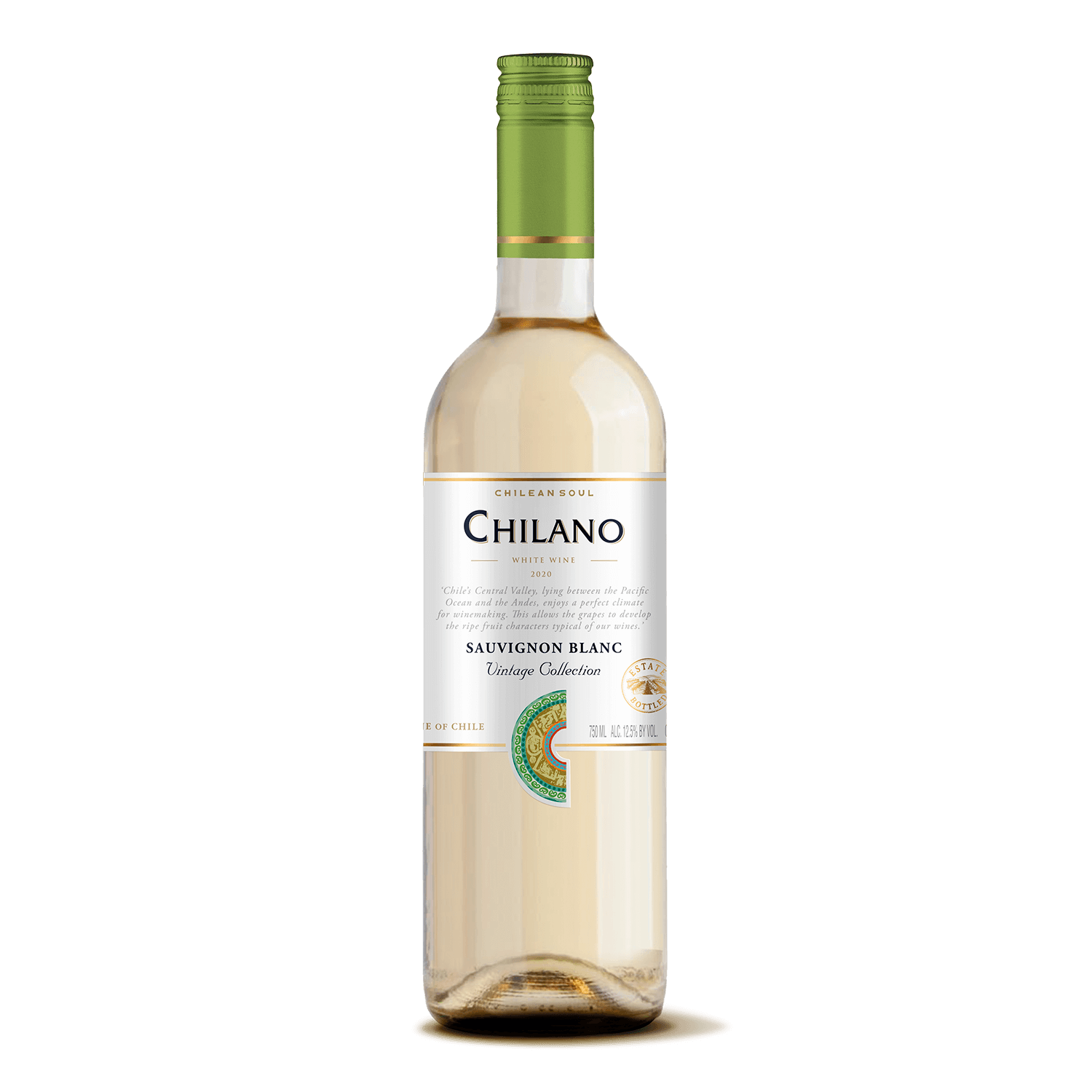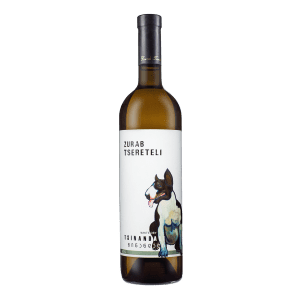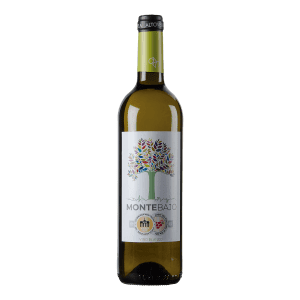Product Description
The grapes were harvested between 2 and 17 March, when the grapes had reached the peak of their aromatic potential. The clusters were harvested in the cool temperatures of night to obtain the best possible quality.
The must was protected from contact with the air throughout the process, which began with a cold maceration for 6 to 12 hours to increase contact between the juice
and skins of the grapes and boost the aromatic potential.
Next came a slow fermentation at temperatures ranging from 13° C to 15° C, drawing out the variety’s typical fruit and mineral aromas. After fermentation, the wine was aged over its lees for one month, and battonage was used to gently move it so as to maximize the contribution of the wine coming into contact with the fine sediment.













